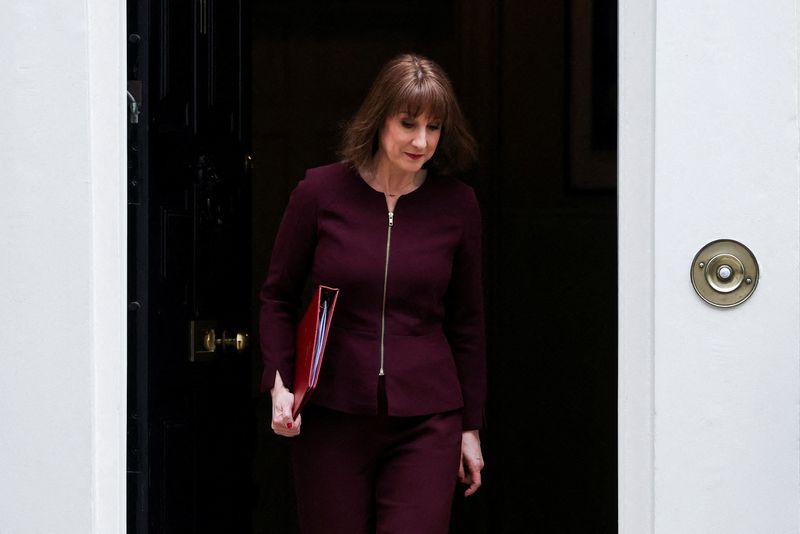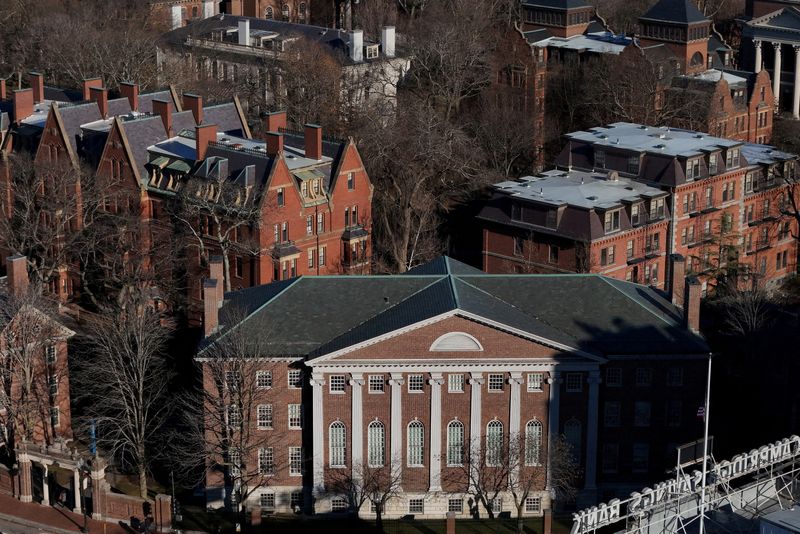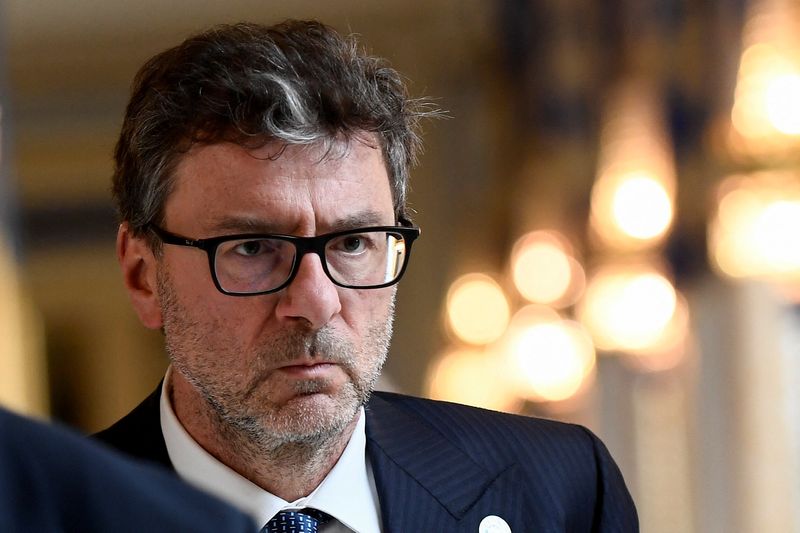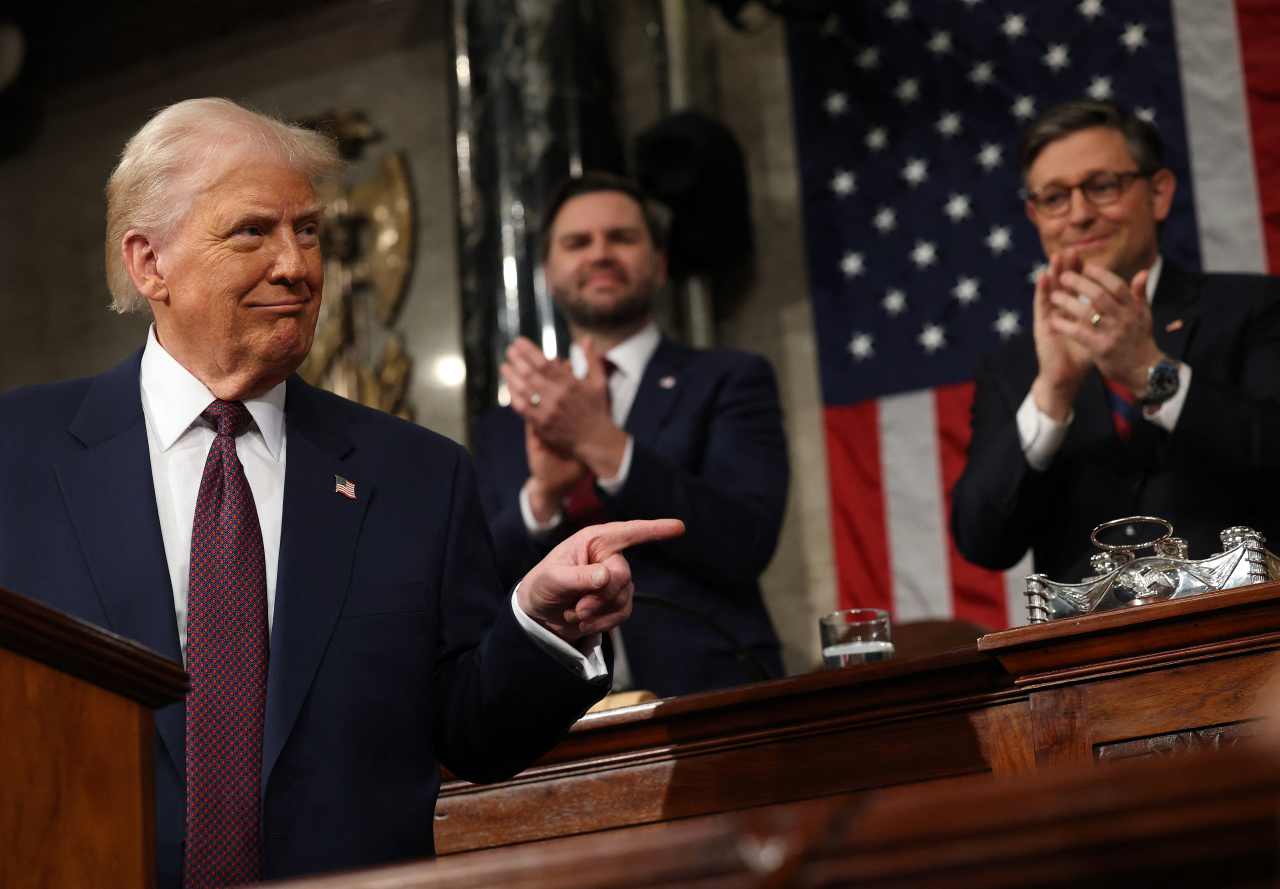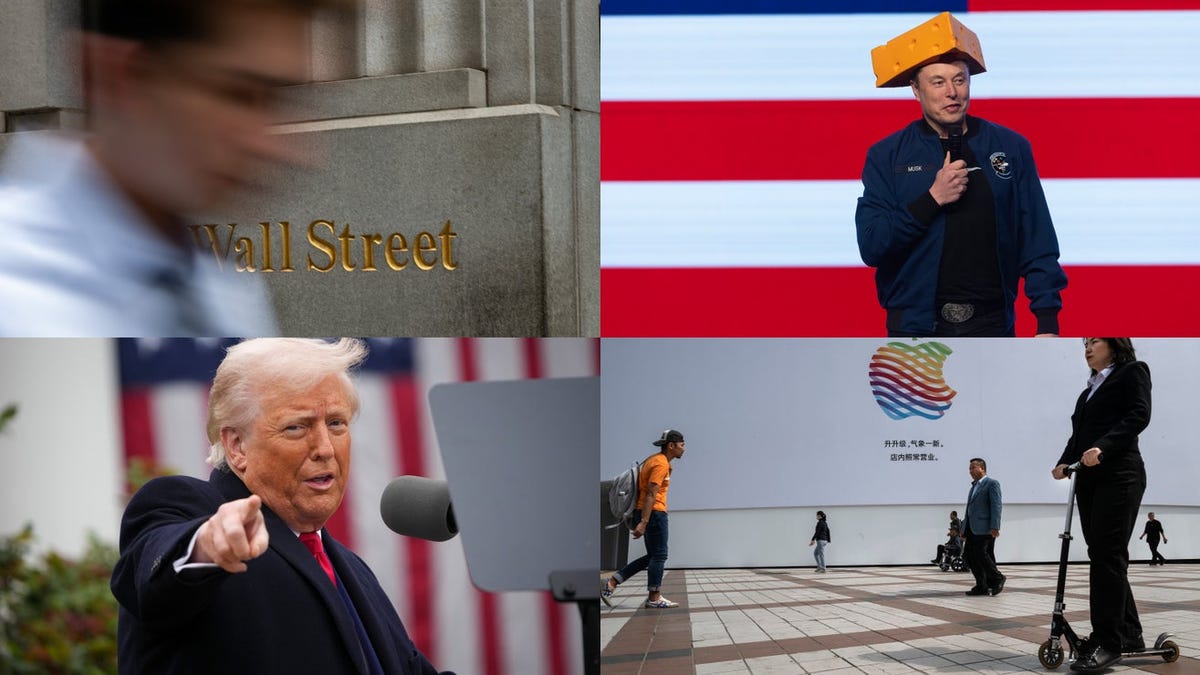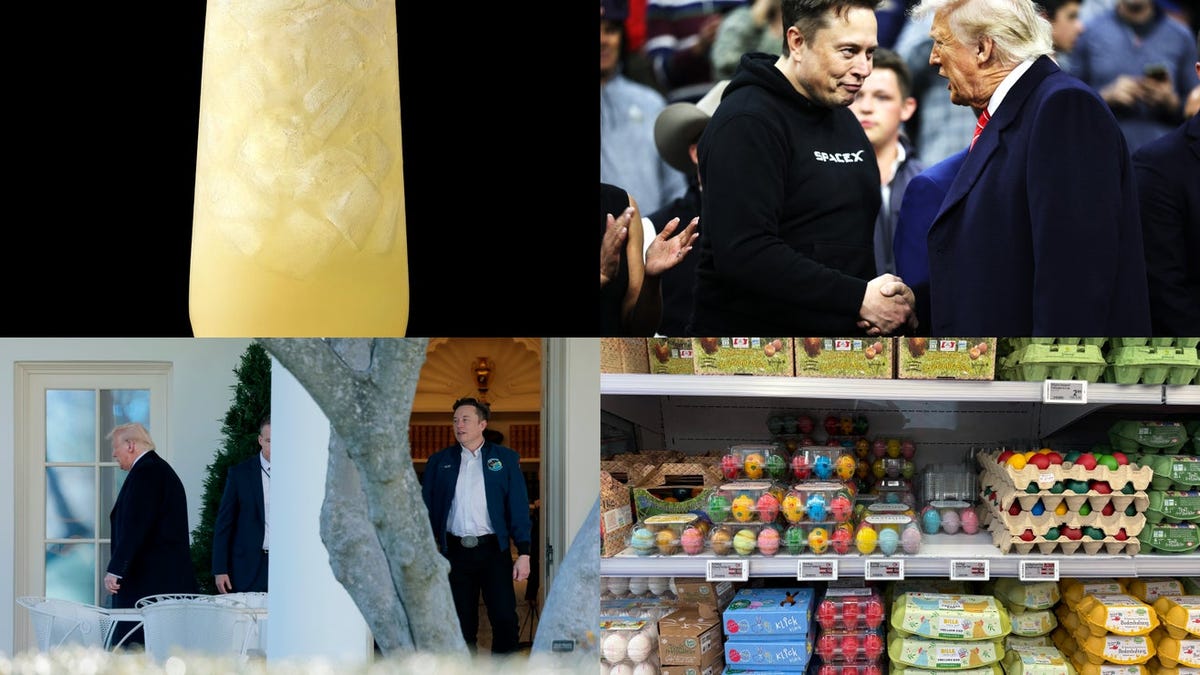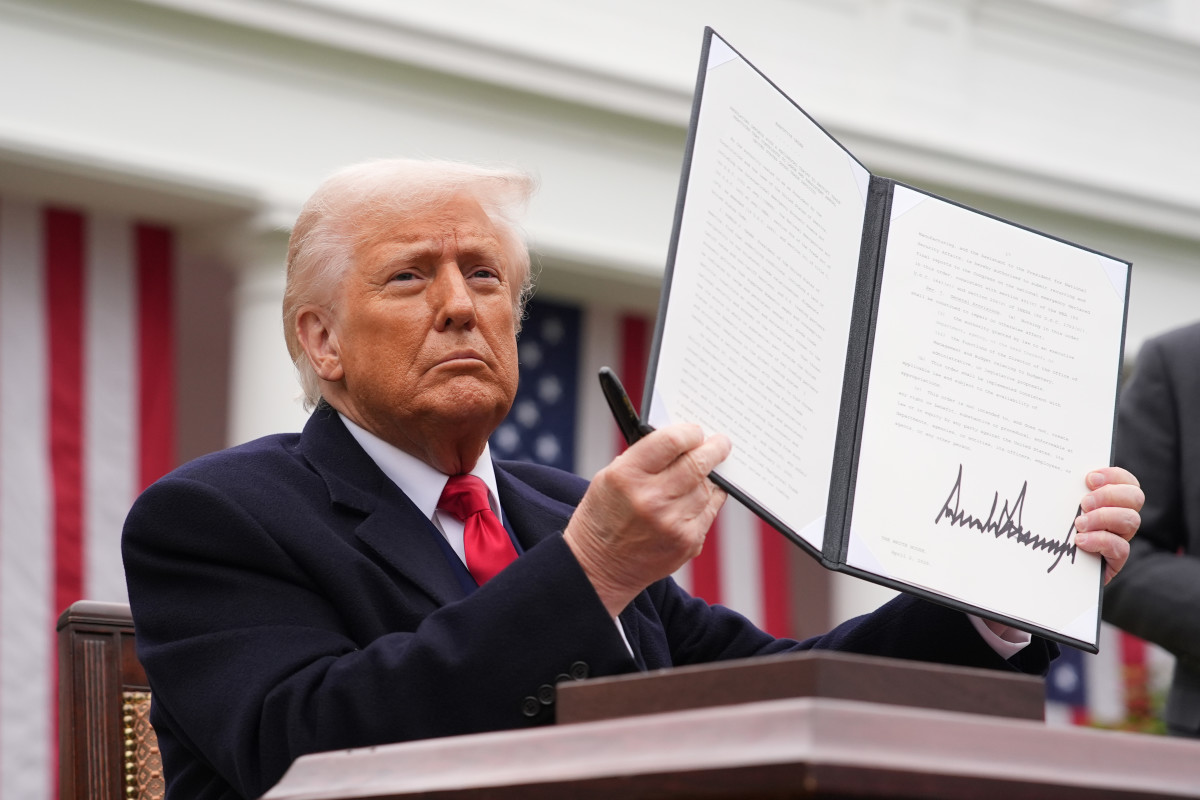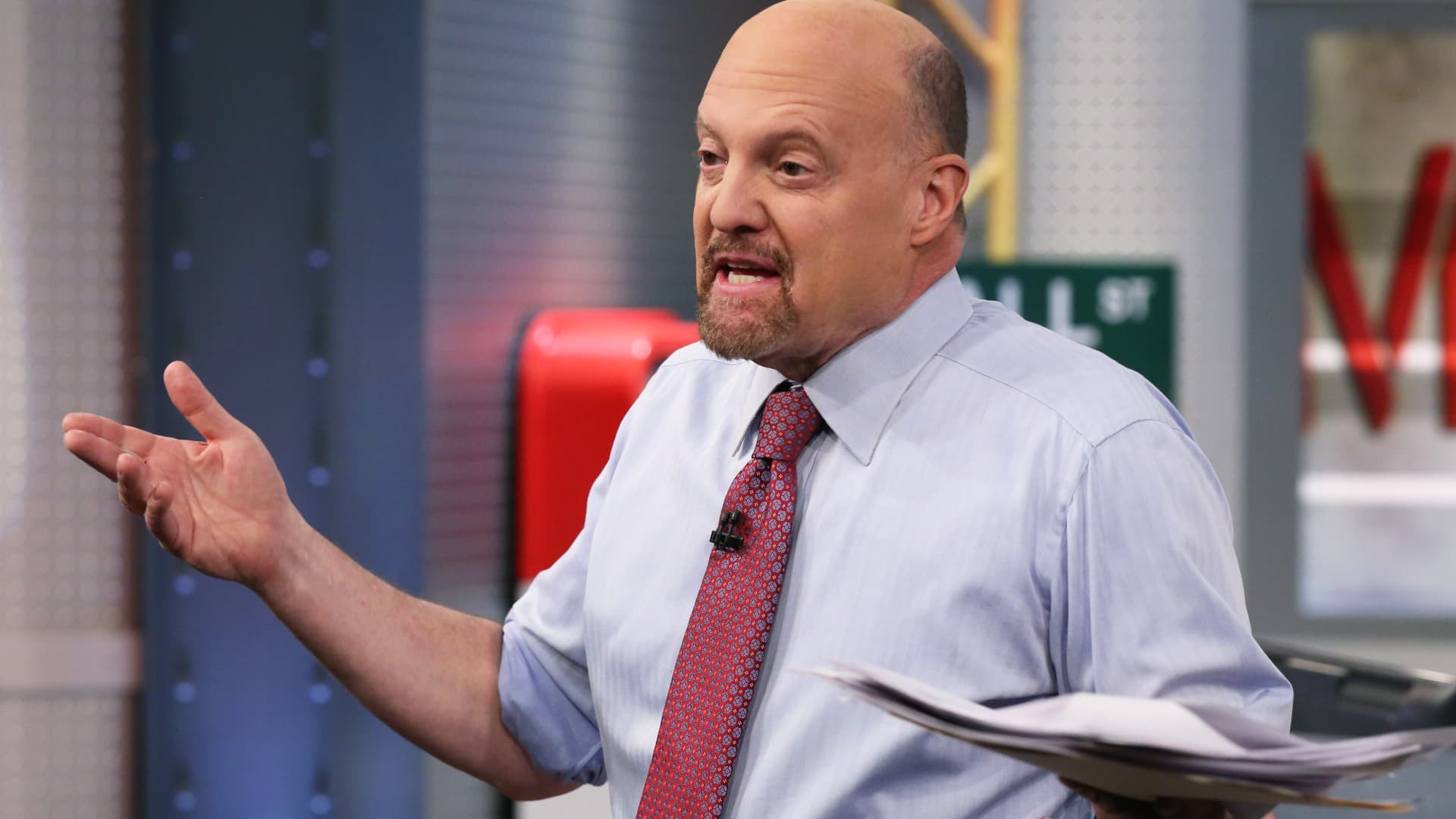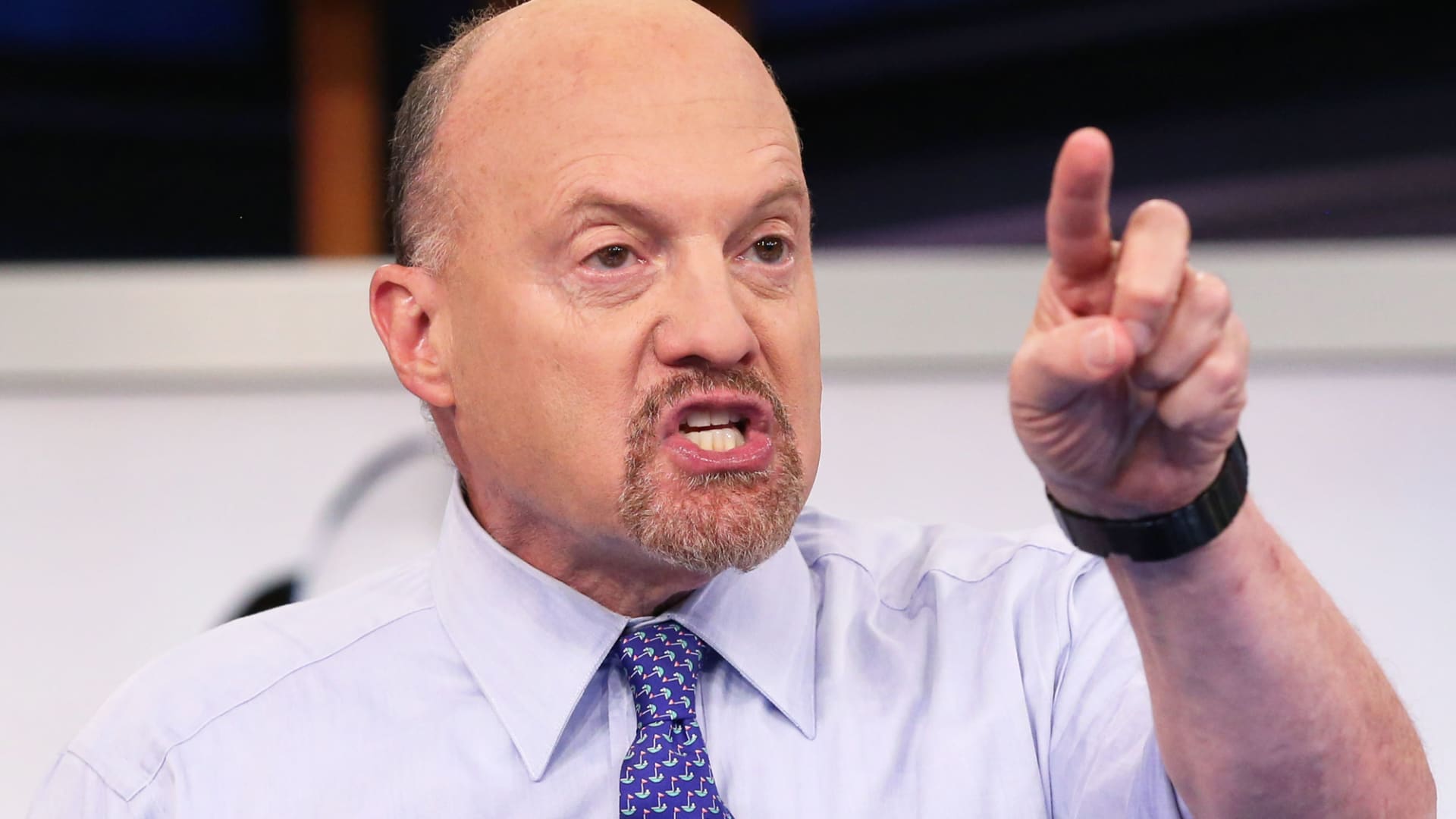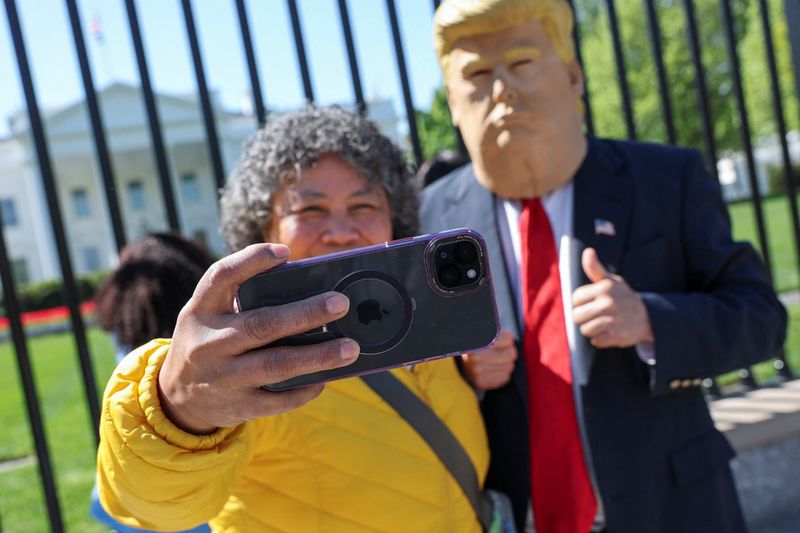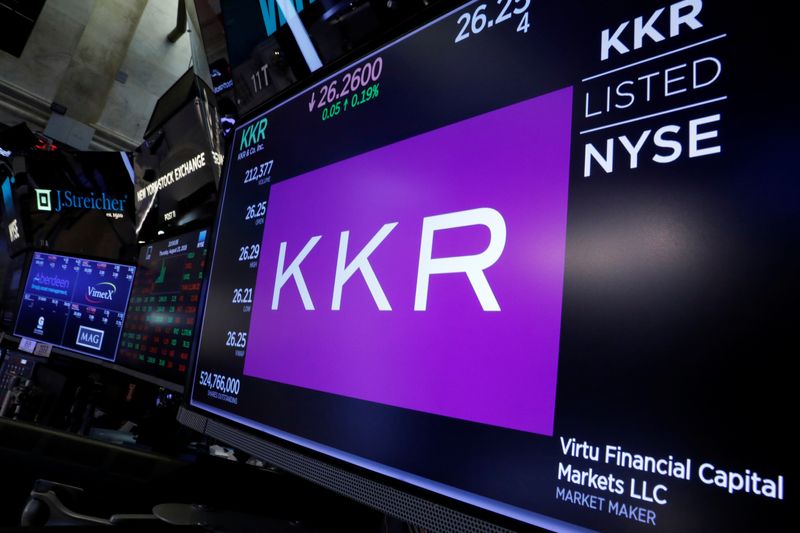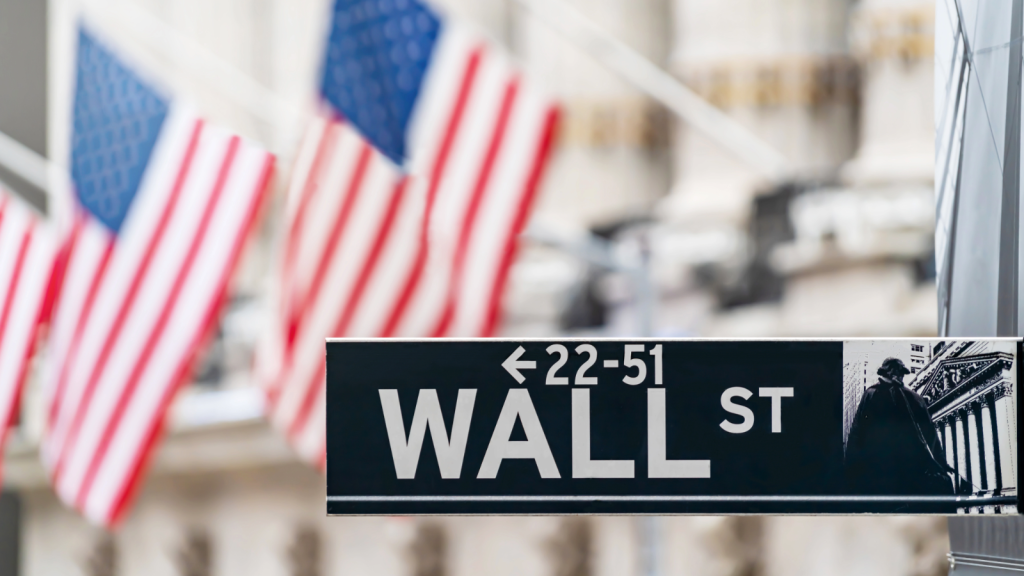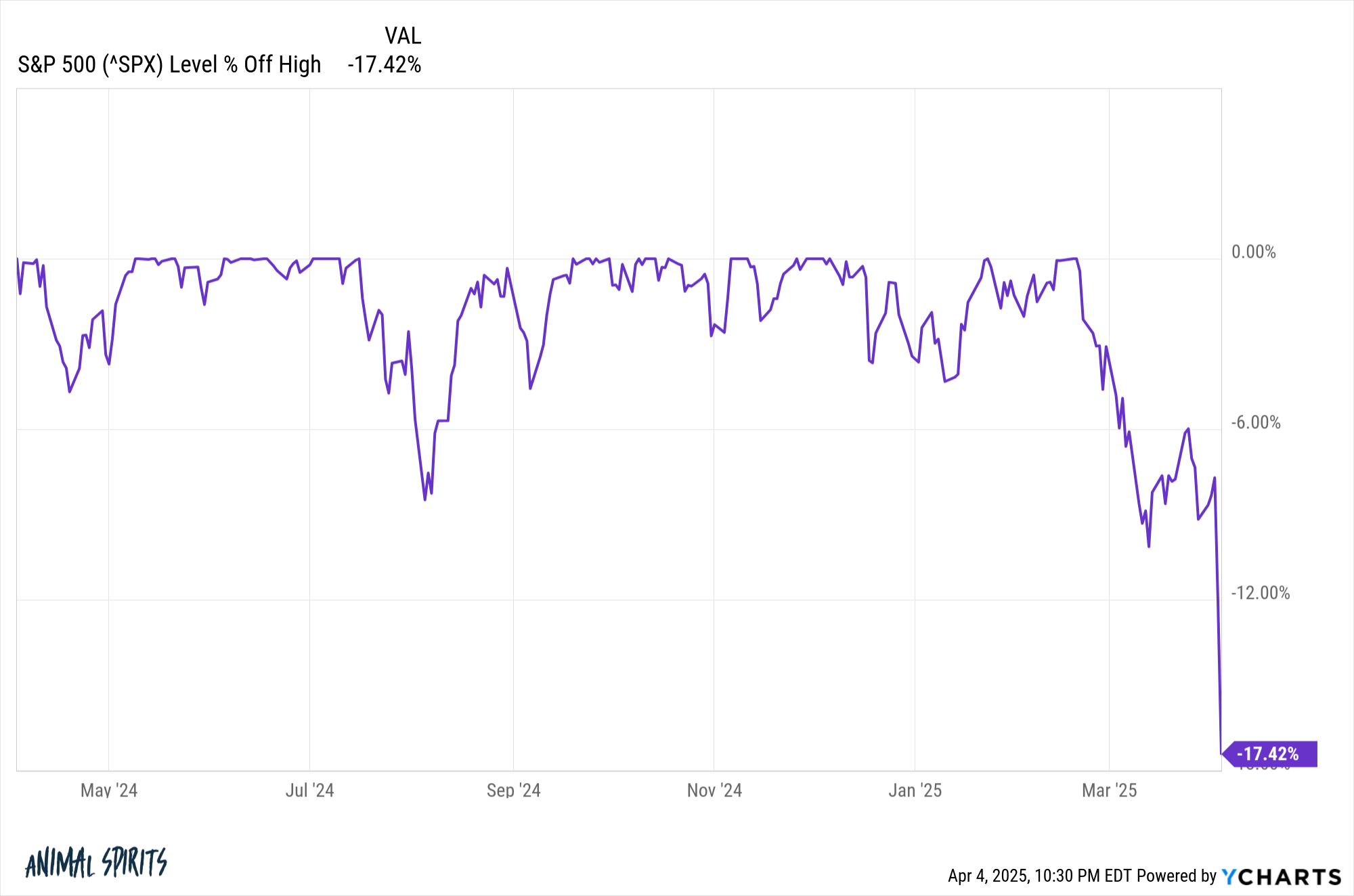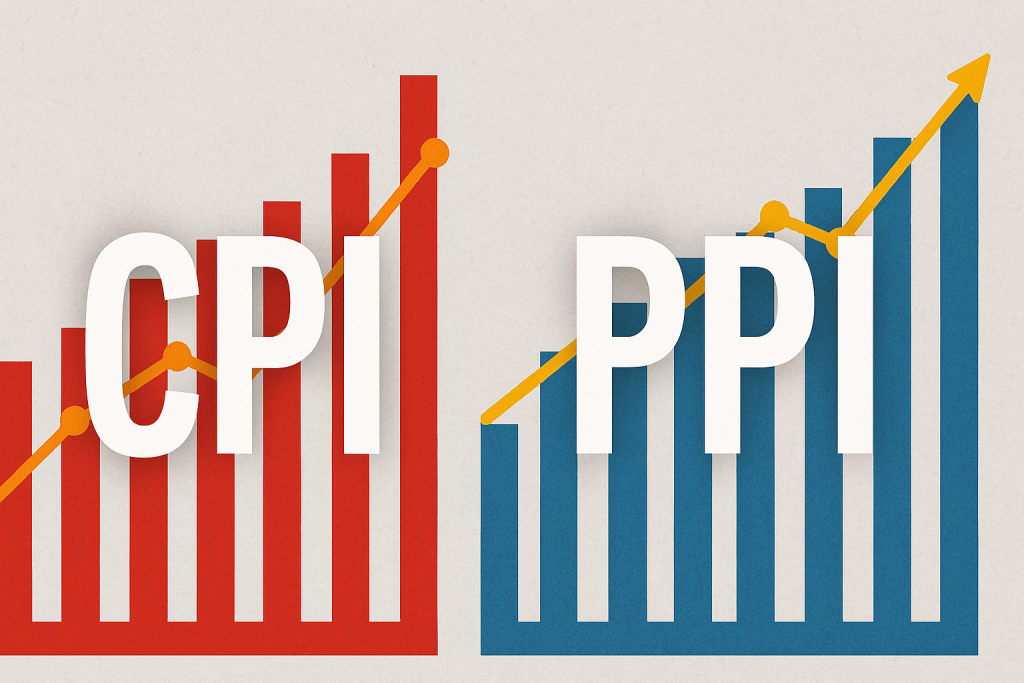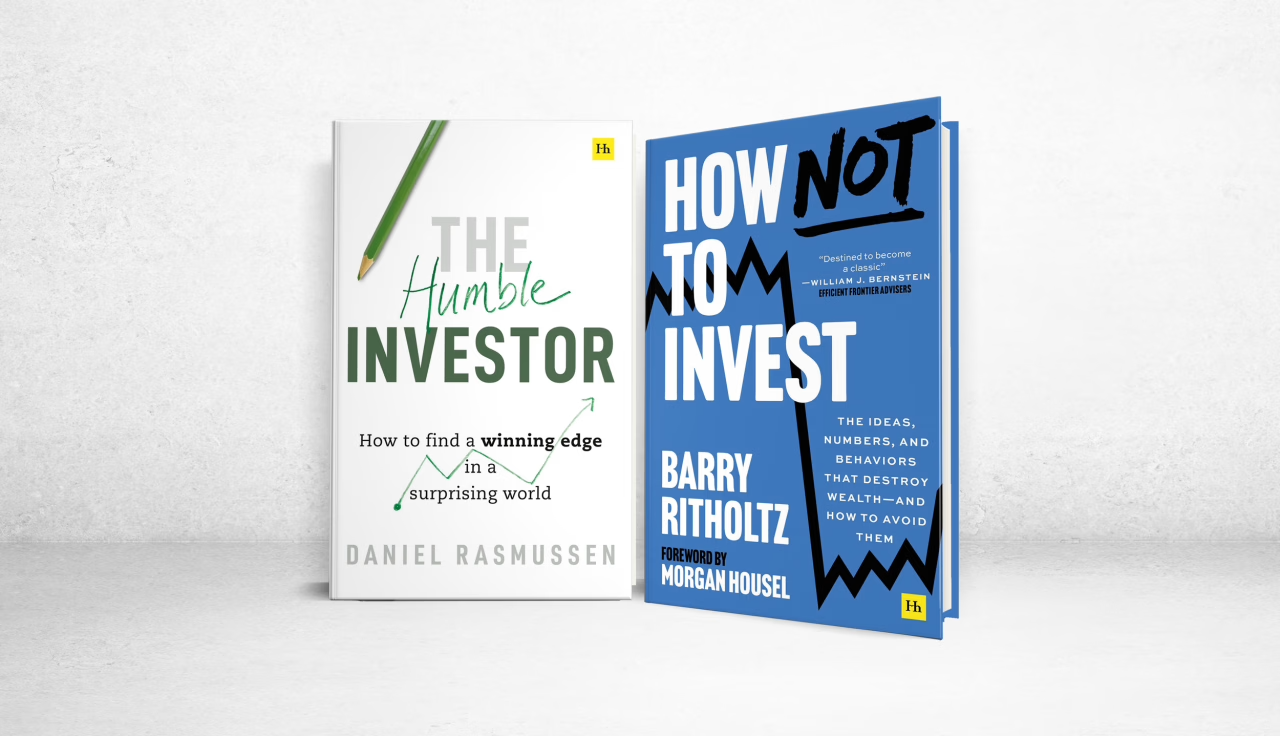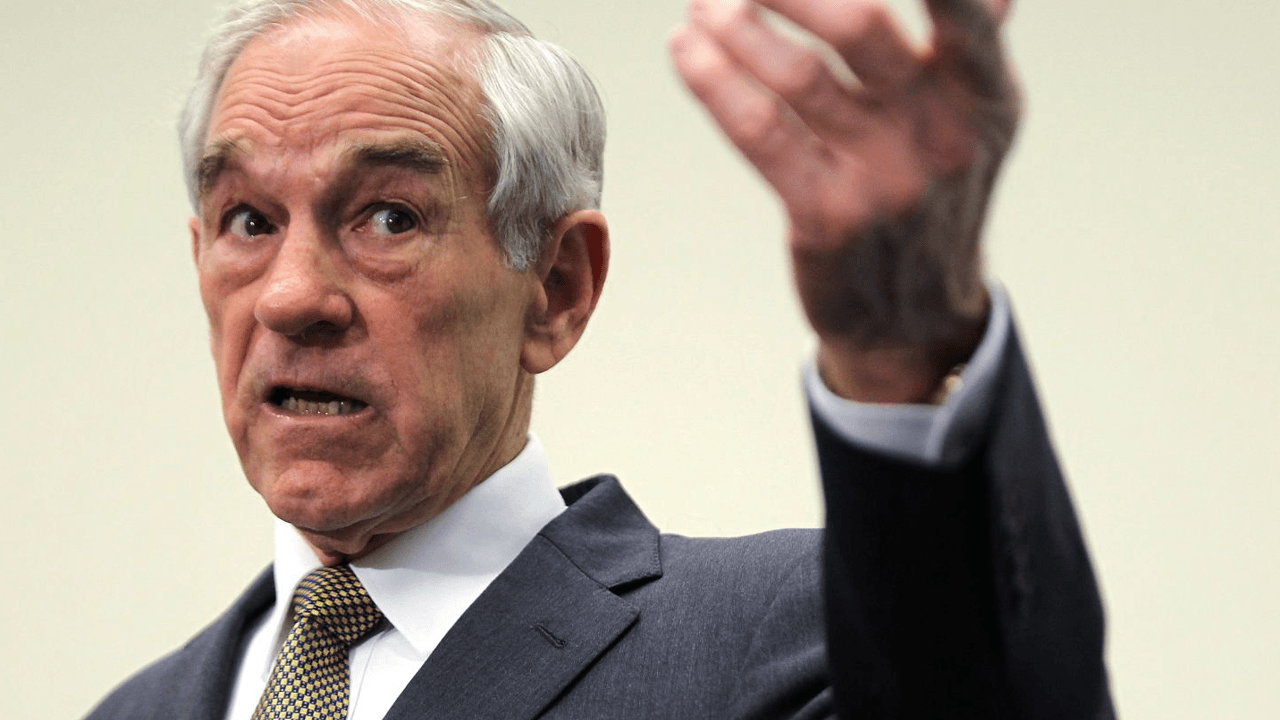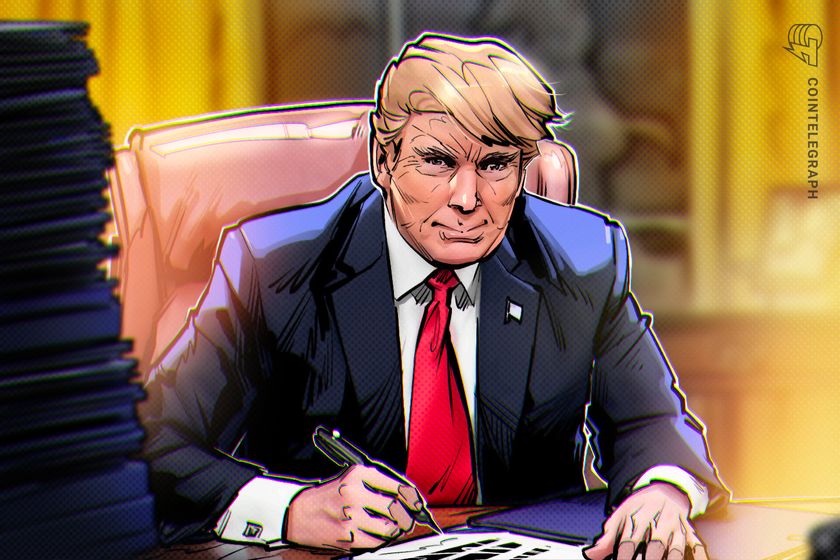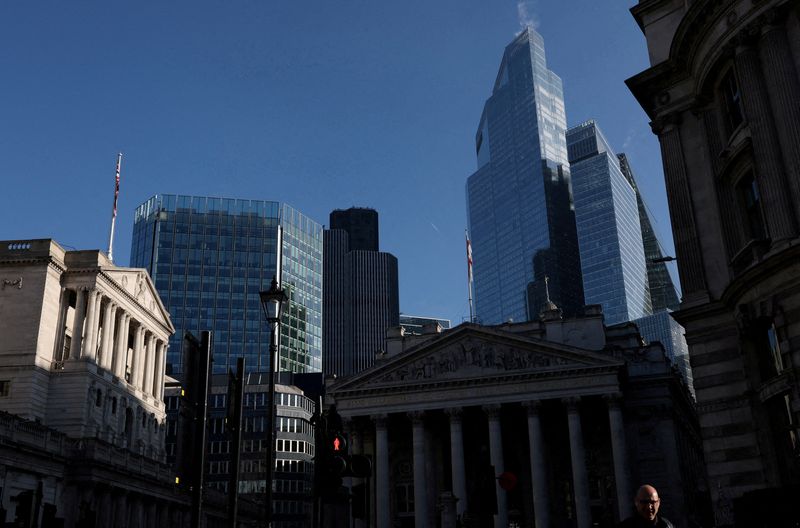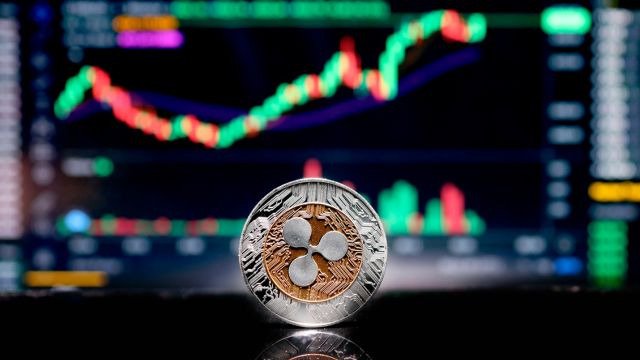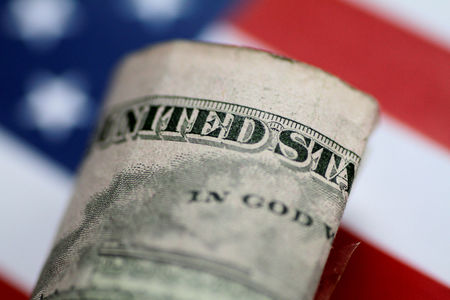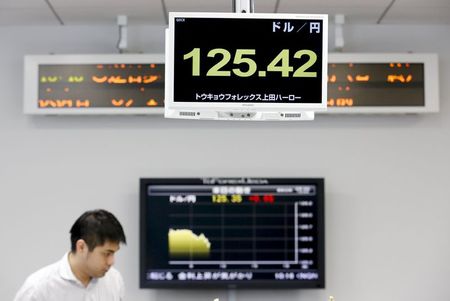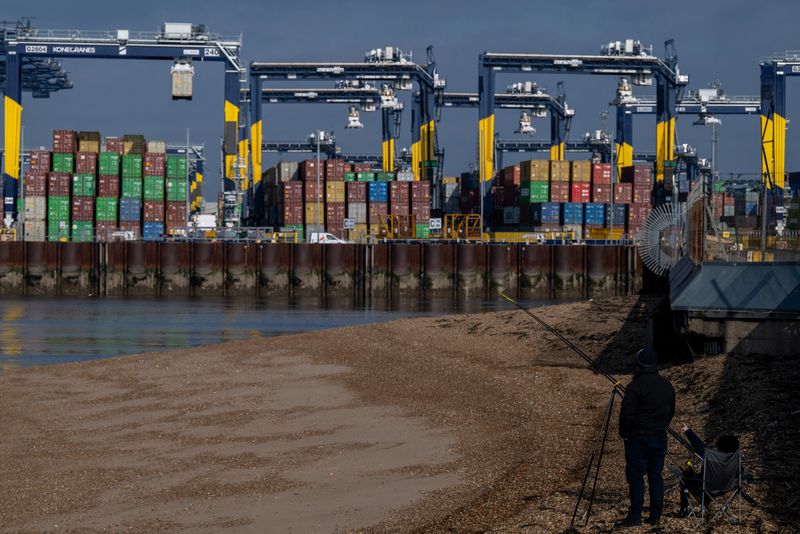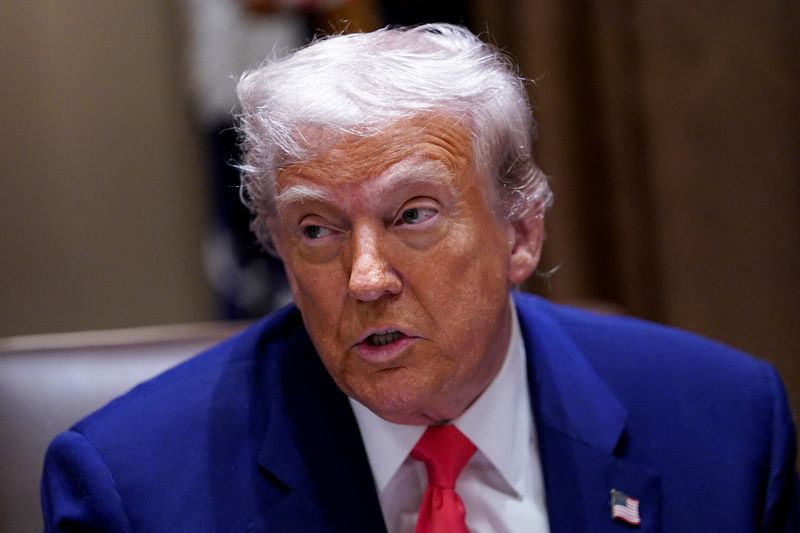Treasuries have been a safe investment for decades, but that may be changing: ‘Other countries have a much better balance sheet’
Some market watchers are looking beyond the 10-year Treasury for bond investing opportunities.

U.S. Treasuries have long been a safe haven for investors the world over, offering security during times of market stress and uncertainty. But now, amid President Donald Trump’s unprecedented tariff bonanza and the possible end of globalization as we know it, that could be changing.
When the stock market sells off, investors in the U.S. and abroad typically find some safety in Treasuries, which are backed by the U.S. government. But something shifted in this week’s stock market chaos: Following the stock rout Tuesday, treasury yields rose Wednesday, the opposite of the trend they normally take when investors are seeking shelter from volatility. When Treasury yields climb, so too do rates on many other consumer products, including auto loans, credit cards, and mortgages.
That set off alarm bells throughout the financial sector, with competing explanations as to the cause of the unusual activity. Some speculated other countries like Japan were offloading Treasuries in retaliation for Trump’s tariff measures. Hedge funds also sold off bonds.
The situation is very much in flux, as the president walked back tariffs on some U.S. trading partners and implemented a 90-day pause Wednesday afternoon. Indeed, the 10-year bond traded at 4.35% after the announcement, lower than earlier in the day, and yields on 30-year bonds fell, too. Trump cares much more about yields on the 10-year than he does about the stock market, analysts say, thus the about-face.
Still, damage has been done to the U.S.’s reputation, says Jack McIntyre, portfolio manager for Brandywine Global. That won’t change with the announcement of a 90-day pause on world-changing policy. And that’s sending some investors to look elsewhere for safer safe havens, eyeing European and Asian markets like Germany and Japan. In response to Trump’s tariffs, yields on German bonds fell Wednesday, indicating increased investor demand.
View this interactive chart on Fortune.com
McIntyre thinks the pause alleviated some of the worst-case scenarios, but doesn’t see it reversing everything. “This is Trump. He’s got that core belief, tariffs as a way of restructuring, rebalancing trade. I still think American exceptionalism is getting dented, and we probably are at peak American exceptionalism.” He expects U.S. growth to slow as a result of Trump’s policies, including tariffs but also a crackdown on immigration and mass federal government layoffs. All of these will hurt the U.S. economy, he says. And Trump’s constant flip-flopping and the uncertainty around his policies is spooking investors around the globe.
“Other countries have a much better balance sheet,” he says. “I think the U.S. is in a period of fiscal contraction, and I want to invest in countries that have been going through fiscal expansion.”
‘Treasuries aren’t a one-size-fits-all answer’
That said, other analysts and financial experts say it’s not time to give up on U.S. bonds completely. Relatively speaking, the U.S. still offers more stability and security than other countries, and the investments remain attractive—there’s no real alternative that can match them, at least not now. Still, alternatives like gold are also increasingly appealing.
“It’s too early to write it off as one of the best means for preserving capital and risk management alongside gold,” says Alex Tsepaev, chief strategy officer at B2PRIME Group, a global financial services provider. But “investment-grade corporate bonds could be an alternative as they typically offer higher returns but have a bigger credit risk. Short-term Treasuries could also become a way out for investors, as they are less sensitive to such situations, but still offer solid yield with lower risks.”
All that to say, Treasuries are still a safe haven—but with an asterisk, says Fei Chen, founder and CEO of Intellectia AI, a platform that applies AI to bond risk modeling and macroeconomic forecasting. Chen agrees short-term notes may be a safer play, given rate uncertainty and geopolitical risk. He also points to developed-market sovereign debt from Canada or Australia as attractive.
“Even amid political noise and deficits, there’s no substitute yet for the depth and reliability of the Treasury market,” says Chen. “That said, today’s Treasuries aren’t a one-size-fits-all answer … Duration risk is real. Long bonds can be volatile in rate hikes or repricing cycles.”
To that point, global diversification is king in such an uncertain environment. “Everything still points towards wanting to have some assets overseas,” says McIntyre.
This story was originally featured on Fortune.com




